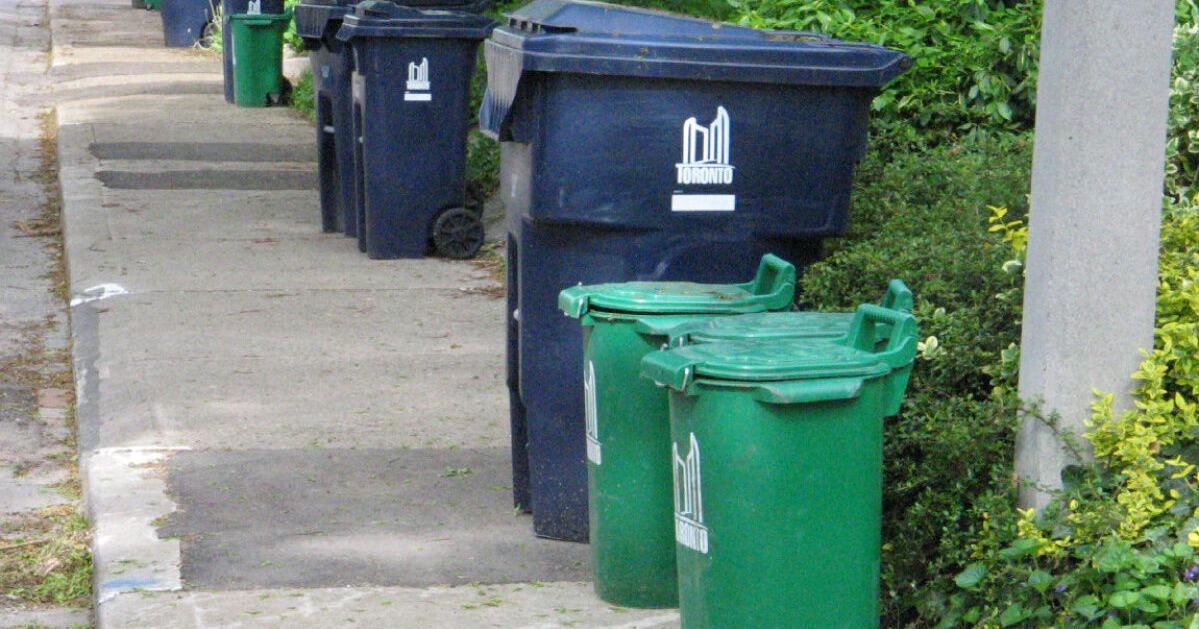Northern Light
Superstar
The Ford government estimates it will cost at least $225 million (probably more) of taxpayer money to have alcohol sold in convenience stores. Enjoy that beer. You're paying for it.
https://www.cbc.ca/news/canada/toronto/ontario-beer-wine-corner-stores-cost-taxpayers-1.7215839
From the above:
I don't really have an issue, per se, w/the forgone revenue from the very modest wholesale discount. There really is no way to sell to other retailers at full retail price, that just doesn't make any sense.
My issues here are:
1) The one-time payment of 225M, the government has sufficient levers at its disposal to make life utterly miserable for the owners of Brewer's retail by way of regulations, taxes and fees, many of which it could choose to impose now; I think it was perfectly capable of getting an early release from the Master Agreement in exchange for not being an ogre.
2) The exclusivity arrangement w/the Beer Store concerning returns, for which the government is paying.
3) The cost-of-service waiver in $$ is probably necessary, but its simply a convoluted way of restructuring the price.
****
I don't think getting out of the Master Agreement ~ a year early is some great achievement, it could have waited; likewise, I don't the world would have ended with the status quo model, or only rolling out beer on a wider basis etc. But I also don't think the monopoly was ever justified, not even a century ago.
Countries around the world are more (small l) liberal about booze than parochial Ontario, and we need to admit that dragging ourselves into the 20thC never mind the 21st, is going to cost something.
It just doesn't need to cost quite this much, at least in this way. ( I will argue that the wholesale discount is actually inadequate and leaves next to no margin for retailers, and probably needs to at least double)
****
For comparison purposes, the assignee or wholesale discount of 10% leaves gross margin room of 11.1% for an Ontario retailer if you mark up to LCBO prices.
The average markup on beer in the U.S. is between 25-35% depending on the retailer/distributor.
Last edited:






